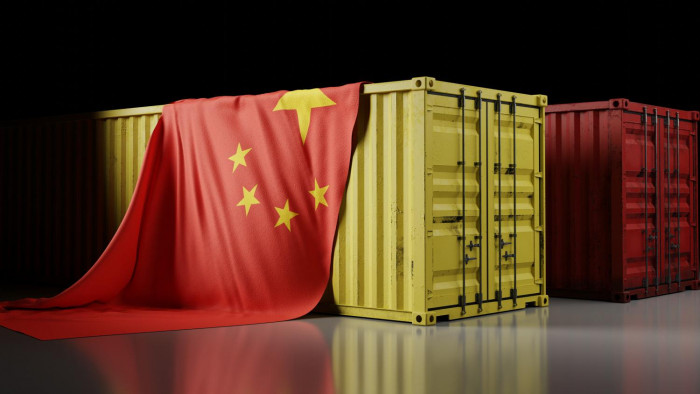Foreign competition is troubling online retailers

The influx of Chinese products into Thailand's e-commerce platforms is impacting local small and medium-sized businesses.
Technology pioneers are urging policymakers to address the country's digital deficit, which is expected to reach 200 billion baht a year.
It also called on policymakers to address the impact of the influx of Chinese products onto Thailand's e-commerce platforms on local small and medium-sized enterprises (SMEs).
Paut Pongvitayapanu, former chairman of the Thai Electronic Commerce Association, recently told Parliament's Economic Steering Committee that he believes Thailand is suffering from a digital deficit by spending about 200 billion baht a year on digital services from foreign digital service providers. He said he would be able to do so.
He advised the committee to conduct an investigation into the deficit and make the Treasury aware of the issue.
In addition, foreign businesses with annual revenues of more than 1.8 million baht in Thailand are subject to value added tax (VAT) payments, so the country must be identified.
From 1 September 2021, foreign electronic service providers and electronic platforms offering online services in Thailand will be required to register for a 7% VAT obligation if their annual income exceeds 1.8 million baht.
Paut said Thailand will collect about 6.4 billion baht in value-added tax from electronic services in 2022, with the top three taxpayers being online advertising platforms, accounting for 63% of the tax amount, followed by online products at 25%, He said his music subscription continues. He gets 10% for movies/games.
The 2023 VAT was 6.7 billion baht, and the top three taxpayers were the same as in 2022, with their percentages adjusted to 61%, 24%, and 11%, respectively. As of January, the amount of VAT collected was 2.3 billion baht.
Thanawat Mahrabuppa, honorary president of the Thailand E-Commerce Association, said Thailand needs to proactively address the serious problem of the influx of Chinese products, both illegally imported and sold on e-commerce platforms.
He said foreign products, including those made in China, can receive preferential tariff privileges by sending them to Thailand's e-commerce free trade zone, from where merchants can take them out and sell them at a price of less than 1,500 baht per piece. He added that he could. There is no need to pay customs duties in the local market.
Over the past few years, Chinese manufacturers have also invested in their own warehouses in Thailand and have their own direct logistics forces to import products into Thailand.
Mr Thanawat said that in Southeast Asia, customs duty exemptions for e-commerce products vary from country to country. Thailand's rate is for items priced below 1,500 baht, Indonesia is 3 USD (100 baht), Malaysia is 500 ringgit, the Philippines is 10,000 pesos (6,350 baht), Singapore is 400 Singapore dollars (10,600 baht), and Vietnam is 1 million dong. (1,460 baht). ), 400B dollars (10,600 baht) in Brunei.
He said that in Indonesia last year, the Minister of Trade Regulation introduced significant new restrictions on the activities of foreign merchants and e-commerce operators.
As part of Indonesia's new regulations, foreign and domestic e-commerce operators will be required to impose a $100 per piece minimum on purchases of finished goods moving from offshore to Indonesia to support local merchants selling low-priced goods. It is mandatory to charge a price.
Thailand's total e-commerce volume will reach 980 billion baht in 2023, making the country the second largest e-commerce market in Southeast Asia.


